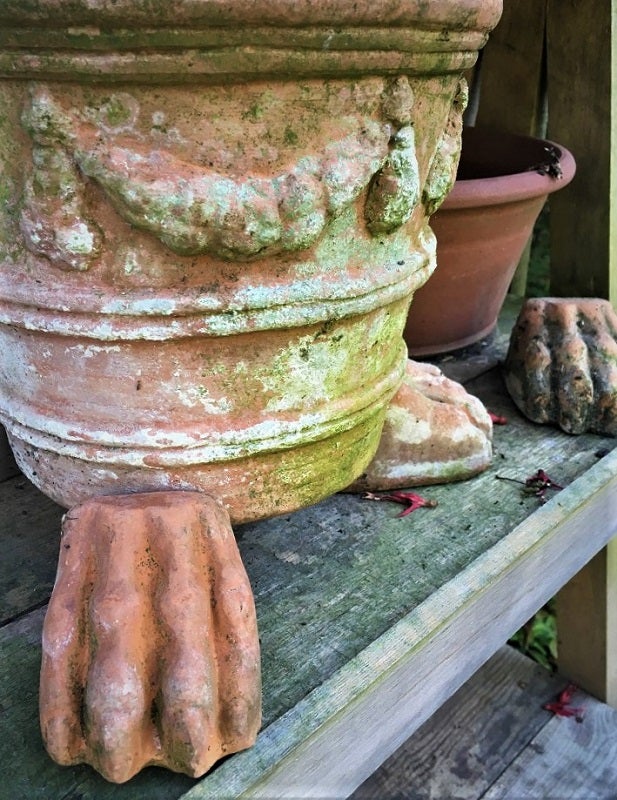Losing Honey Bees at alarming rates
Published 6:55 pm Sunday, April 28, 2019
Did you know that beekeepers in America lose almost half of their hives every year?
Did you know that 65-percent of our foods are dependent on honey bees? Even alfalfa hay requires honeybees to pollinate the bloom so farmers and ranchers can plant replacement crops.
Alfalfa is only one example of how bees impact beef and other meat products.
We need our bees, every cucumber, cantaloupe, squash, melon, and pumpkin among other vegetables require a pollinator to produce. While bees are not the only pollinator, butterflies, moths, hummingbirds are others also pollinate, ALL are in trouble.
Honey bees are responsible for the largest majority of the pollinating effort.
I mentioned above that beekeepers lose almost half of their hives each year. Why does this happen? We are all negligent in our use of pesticides, insecticides, and herbicides. Do you really follow the label directions? Do you spray only when really needed? Do you really need the selective herbicide you use on the lawn?
If you use a systemic insecticide you are killing our bees. The killing agent concentrates in the nectar and pollen of the plant.
Honey bees collect these sublethal amounts of insecticide carry them to the hive and feed it to the bee larva. This weakens the larva and reduces the life of the resulting bee.
If you use a powder insecticide (like Seven Dust) this poison is collected as pollen and carried to the hive, killing the larva.
If you spray pesticides on blossoms visited by bees you are affecting the bee directly and the rest of the hive by contact with other bees.
OK, What do I do? There are several simple things that the everyday homeowner can do.
First, don’t use systemic agents, don’t use insecticide dust, spray only before dawn or after dusk.
Honey bees normally stay in the hive after dusk until dawn so they would be out of harm’s way if you spray them.
Reduce the amount of herbicide you use. If you choose to use herbicide use it selectively, don’t use it on the back yard let a little clover grow.
Toss out a few wildflower seeds along the road ditch, plant a butterfly bush.
Give a Honey Bee a chance, help protect our environment.
Len VanMarion is TAIS Master Beekeeper







